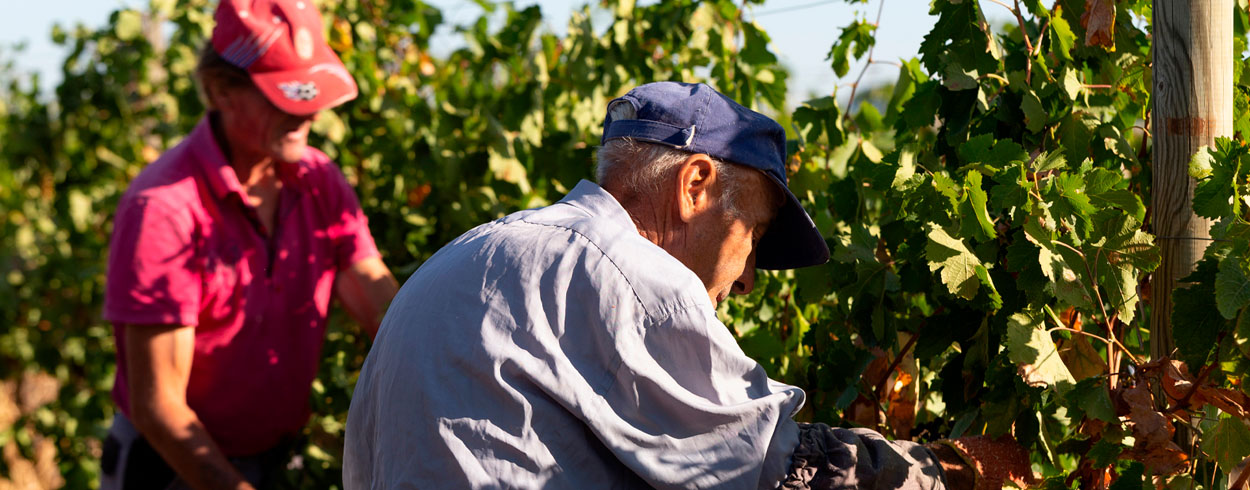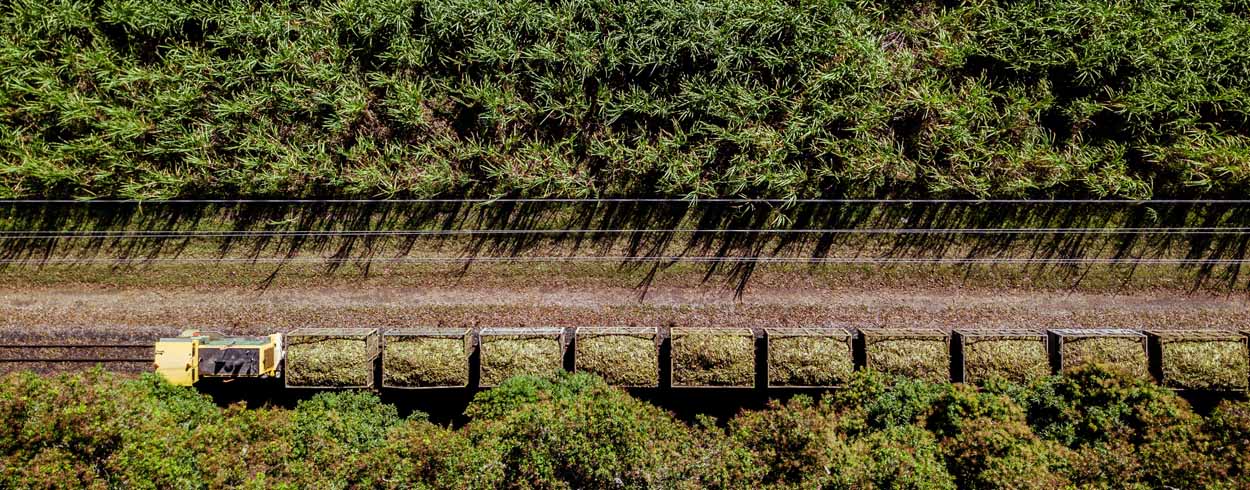
#nofilter: Developing wages in risk countries requires collaboration
When we audit the labor conditions in these countries among important areas to check are both working time recording and wages paid. By inspecting the working time and wage bookkeeping as well as by interviewing the workers the auditors can control that length of the work days, right for days off, payroll and actual payments are all calculated and executed properly.
This year a social audit done in a winery in Argentina revealed defects in wage payments. Based on the mistakes found in bookkeeping the producer was asked to remedy the defects. In South Africa, definition of a living wage emerged in the discussion in all audits even when there were no problems with the payments. For instance, producers justify low wages by the accommodation they provide for workers and their families. On the other hand, the standard of the available accommodation can be very primitive and also a lot more family members can end up living there than was ever intended. Regardless of benefits provided, according to BSCI requirements the employer must at minimum have a plan how wages are improved especially if the living wage requirement was not be fulfilled at the time of audit.
Working time recording in agricultural environment is a multi-faceted question. On the vineyards the time recording format can be “was working or was not working” on a particular day. Even if both parties are content should the vineyard regardless implement an electronic time recording system? What if workers can have breaks at will, and employer does not even keep track? Overtime recording naturally is a different matter and must not be compromised. During harvest the days can be long when grapes must be picked at just the right moment to ensure the quality of the end product. Overtime must be compensated correctly, the amount of overtime must be kept at bay and working overtime cannot be a permanent state of affairs.
BSCI audited producers, if they did not pass the audit, have a year to remedy the defects before a follow-up audit. In collaboration with the importers Alko follows up that the required corrections are done. Alko also coordinates auditing plans with the other Nordic alcohol monopolies and utilizes audit reports from other BSCI participants’ audits. This is done to avoid duplication and for a maximum amount of workers in risk countries to be covered by social audits during a year.
Ethical certifications bring a second perspective to improving working conditions from the commercial standpoint. Fair Trade and Fair for Life product certificates mean that the price at minimum is “fair”. In Fair Trade the retail price includes a special secured or additional price element which is guaranteed to reach the primary producer. Interestingly, the supply of these products to Alko as well as the customer demand have remained more or less the same from year to year even though, meanwhile, e.g. organic production and products have grown hugely in popularity.
In the future we will concentrate on how we in Alko could support the demand of ethically certified products for instance with more active communications on this topic. What kind of information would help you in making an ethical choice? Join the discussion via our Twitter channel @Alko_Sustain with hashtags #nofilter #Alkochallenge #transparency.












